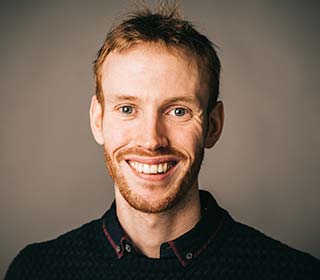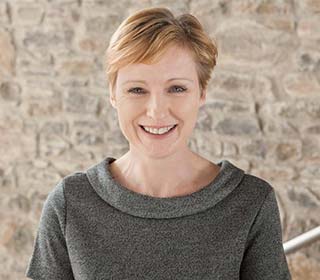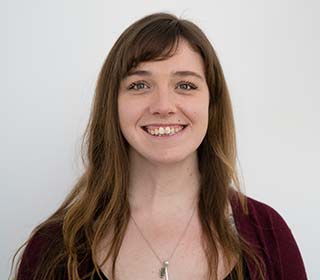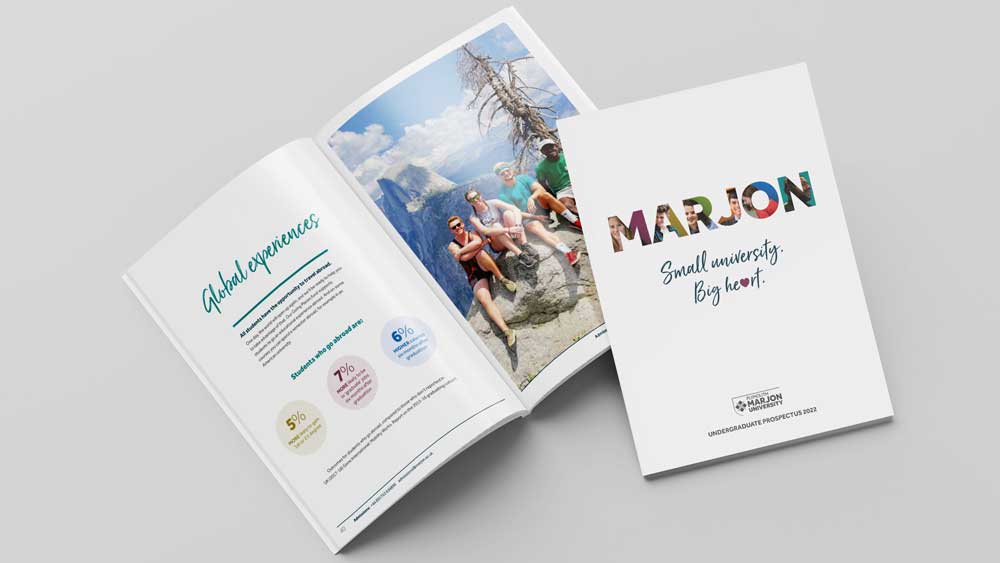
BSc (Hons) Counselling for the Helping Professions
Develop exceptional people skills, grow personally and professionally, and train to support others across a wide range of helping careers. *Please note this course is open for year 3 entry for September 2025 intake only*


Develop exceptional people skills and use them to help others

Apply now for this course
Entry requirements
Three A-levels at grades CCC or above
Or BTEC triple grades MMM or above
Or Access 23-45 D/M with min 6D
Or T level P (C+)
And GCSE English Language at grade 4 or grade C or above.
A DBS check and an interview are required
UCAS points 96
UCAS code PSC1
UCAS institution code P63
Duration Three years full-time or up to six years part-time
Course Summary
BSc (Hons) Counselling for the Helping Professions prepares you for a wide range of roles that involve working with people. It's a degree in people skills. You'll learn how to support others, training to:
- listen actively
- empathise and demonstrate that empathy so that others feel heard and understood
- be self-aware and reflective
- communicate clearly and effectively with others
- handle confidential information
- work with emotions and emotional content
- manage difficult and high-pressure situations relating to mental health
- interpret, manage, and operate in stressful situations
- think critically and use evidence to make decisions
- facilitate behaviour change
These are highly transferable skills, which are invaluable in a wide range of helping professions.
You'll learn about the theory, research, and practice of counselling and associated subjects like psychology, with a particular interest in how these can be used to support other people. The degree covers a variety of theoretical perspectives - person-centred, cognitive-behavioural, psychodynamic, and strengths-based. In terms of research, counselling is an evidence-based profession. Teaching is evidence-based, and you'll learn how to interpret, critique, and apply research. You'll also learn how to do research in the context of counselling.
You'll also learn, practice, and develop the counselling skills that will be invaluable in a range of professions that involve listening to, caring for, and supporting other people. If you like this course then you may also be interested in our Integrated Master's degree in Psychotherapy and Counselling.
Why this course at Marjon?
Learn from experienced and highly skilled psychotherapists and counsellors
Develop the knowledge and skills required to work with people, within a variety of contexts
Strong practical focus enables you develop core skills from the start of the course and a work placement
Small class sizes of typically 20 – 30 students enables teaching and feedback to be personalised to your aspirations
Develop a rich understanding of theory and research that will underpin your counselling and interpersonal skills
Become a self-aware, reflective, critical-thinker and lifelong learner who is well prepared for the workplace
Modules for this course
1st Year
Immersing in psychotherapy and counselling
Introduction to psychotherapy and counselling
Skills in psychotherapy and counselling 1
Skills in psychotherapy and counselling 2
Introduction to mental health and wellbeing
Psychology and counselling
2nd Year
Person-centred psychotherapy and counselling
Cognitive behavioural therapy
Research in psychotherapy and counselling
Psychodynamic psychotherapy and counselling
Working ethically in a mental health context
Engaging with employability: psychotherapy and counselling contexts
3rd Year
Positive psychology and strengths-based approaches
Counselling skills in professional roles and settings
Personal and professional development in psychotherapy and counselling
Working with difference and diversity
Empirical project in psychotherapy and counselling
This course is perfect if you’re curious about
How can counselling skills support me in working with and helping other people?
How do theoretical approaches to counselling align with my own beliefs and values, and how do I apply it to my own practice?
How do researchers approach the process of researching counselling? And how can research improve my counselling?
What makes counselling effective for some people, but not for others?
How does my own personal development, personal awareness, and insight support my effectiveness as a professional?
What does Psychology offer those working in counselling and other helping professions?
What might you become?
BSc (Hons) Counselling for the Helping Professions will be helpful in a range of careers that involve working with and supporting others. This includes teaching and education, psychology, social work and community work, emergency services, public service, human resources, occupational health, rehabilitation in prisons, careers advice, customer relations, charity careers, funeral arrangement, nursing, care work, and personal training.
How you’ll be taught and assessed?
How will you be taught?
Teaching includes lectures, seminars, practical skills work, group work, and independent study, with the goal of developing a range of skills through an engaging learning experience.
How will you be assessed?
Assessment incorporates coursework, group work, presentations, and practical work.

Alister is a registered Practitioner Psychologist (HCPC) who teaches psychology and its applications to counselling, sport, exercise, and health. He is passionate about teaching psychology and counselling in an evidence-based way so that your practice is based on the latest research and is ethical, informed, and effective.
Fees and funding
Fees UK students: £9,535 per annum
Fees for International students: £14,600 per annum
This fee covers your tuition and access to course-specific equipment and facilities, as well associated services including access to the library, study skills support, IT support, student support and wellbeing services and membership of the Student Union. There may be additional costs by course.
Additional costs:
- A DBS check needed to start the course at a cost of approx £52.
- There may be costs associated with travel to placements.
- This course is likely to impact upon you at a personal level. There is an ethical duty to aspire to be psychologically self-aware. A free counselling service is available or you may opt to pay for private personal therapy.
Funding available for this course
Our Student Funding Advisors offer confidential and impartial advice about your funding options.
Learn moreYour schedule
Our counselling degrees attract students who have work, family, and caring responsibilities outside of university so we set a fixed timetable where you are on campus for teaching on Mondays and Tuesdays in Years 1 and 2, and on Thursdays in Year 3.
You'll also complete 1-2 days worth of reading, studying, and assessment work flexibly in your own time, around your other commitments. Our mature students speak very highly of this timetabling model. As counselling is a practical, skills-based profession, most of our teaching needs in-person attendance.
Course location(s):
- Main campus - Plymouth Marjon University
Lecturers

Anne is a British Association for Counselling and Psychotherapy (BACP) accredited counsellor. She has a special interest in issues of inclusion and exclusion and has previously conducted research with international students and homeless people.
Anne has worked as a counsellor and counselling supervisor in a range of organisational settings including the Metropolitan Police Service, Victim Support Lambeth, City and East London Bereavement Service, University of the Arts London, and the University of Plymouth where she managed the Counselling, Mental Health and Spiritual Support Services. She was a former Chair of the Heads of University Counselling Services (HUCS). Anne writes about counselling and aims to inspire her counselling students to enjoy conducting research as much as she does.

Lucy has clinical experience is in supporting students within Higher Education as a Counsellor/Psychotherapist, a Specialist Mental Health Mentor, and in other Student Support and Welfare roles. She has worked in a variety of mental health charities and services as a counsellor or service manager. Her research focus is student mental health spanning measures perfectionism, anxiety, worry, resilience, wellbeing and social media use in students.

Carina is a BPS Chartered Counselling Psychologist and a Fellow of the Higher Education Academy. Her teaching is mainly focused around social psychology and mental health within the discipline and how these can be applied to the world we live in. She teaches across a range of undergraduate and post-graduate psychology programmes. She has worked as a clinical practitioner on a one-to-one and group basis, across a range of settings, including primary care, the police and private practice for over 30 years. Specialist interests and expertise include: PTSD, Trauma, Eating Disorders.
Frequently asked questions
Q1 What is the class like?
Q2 Is this degree accredited?
Q3 I've not been in education for years. Can I do this?
Q4 What does the placement involve?
Q5 What does the interview involve?
Q6 What is the timetable like?
Find out more about studying BSc (Hons) Counselling for the Helping Professions at Marjon



